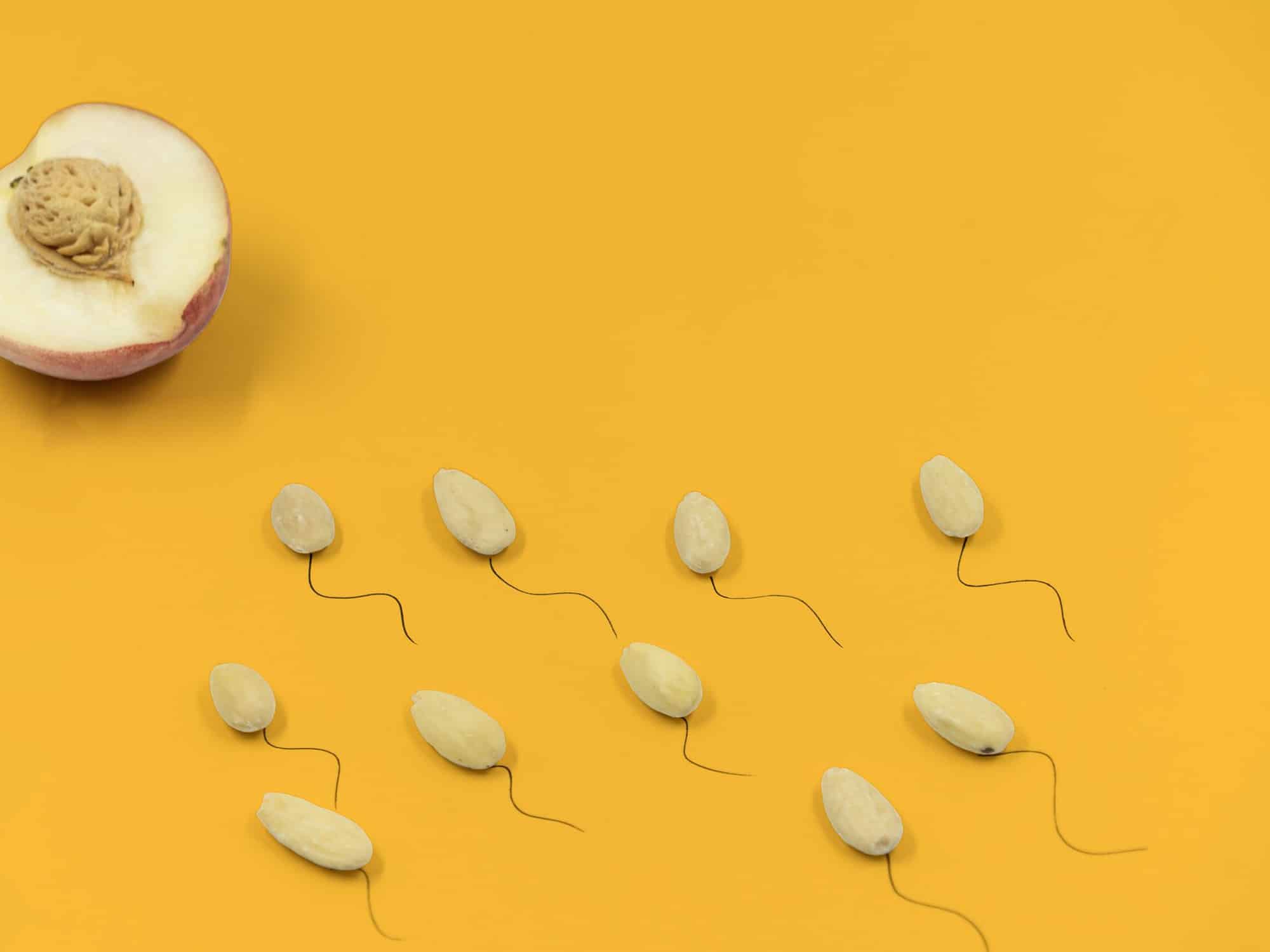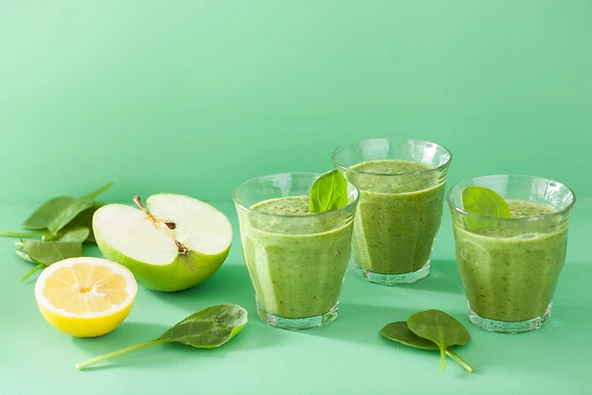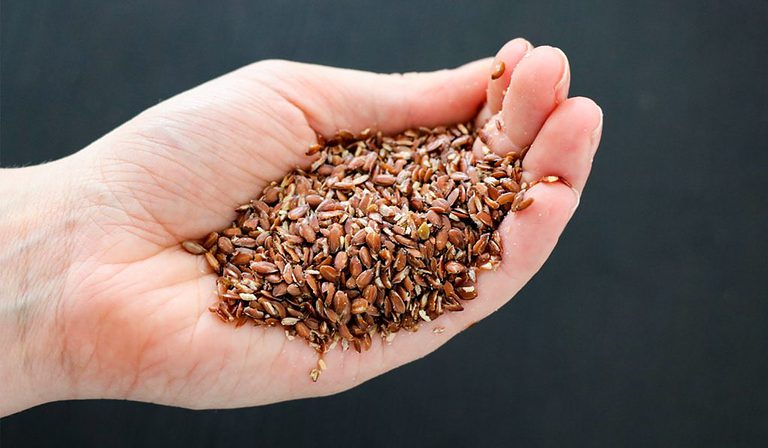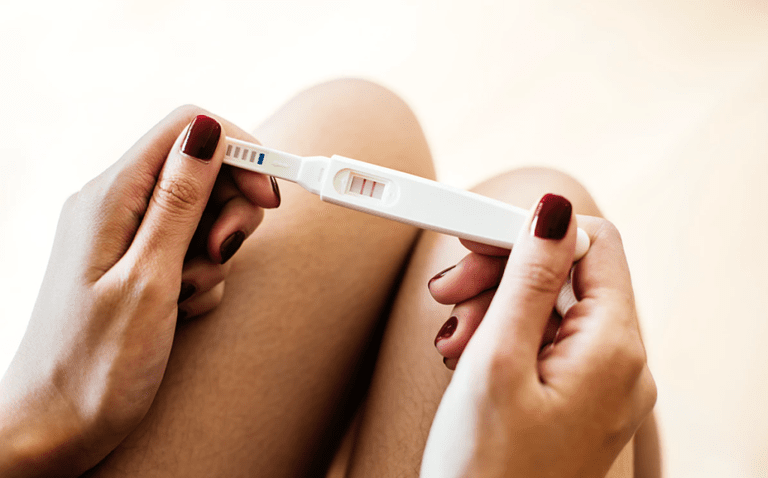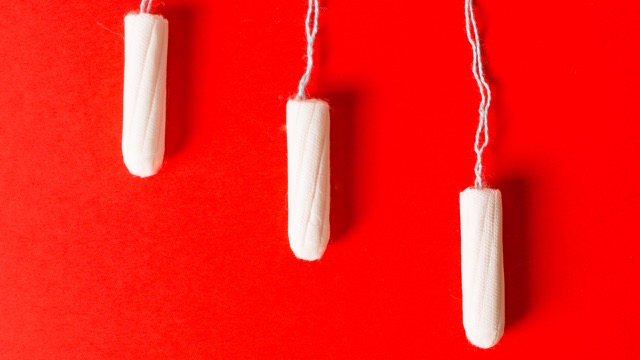If you’re stepping into the world of IVF, you might be wondering just how crucial a fertility dietitian is in this journey.
Well, let me assure you, as a certified fertility & pregnancy dietitian and nutritionist who has helped thousands around the world, I’m here to spill the beans on why having a fertility dietitian by your side is an absolute game-changer!
Forget the notion of it being an optional add-on; we’re talking about an indispensable asset that can truly make a difference to your IVF journey.

With years of experience in the field here at The Dietologist, I’ve witnessed the astounding impact that a well-crafted diet and personalised nutrition plan can have on your dream of conceiving.
We’re going to dive deep into the realm of fertility nutrition and explore why partnering with a fertility dietitian before taking the IVF plunge is the best decision you can make for yourself and your future little one.
From boosting egg and sperm quality to creating a nurturing uterine environment, and even fine-tuning your vaginal and uterine microbiome (yep, it’s important!) – I’ve got all the juicy details on how the right diet and lifestyle tweaks can up your IVF success odds. Plus, functions as a critical part of your self-care whilst navigating the emotional roller coaster of IVF.
So, what impact can a fertility dietitian really have on IVF?
Let’s break it down, together.
1. The Impact of Diet on Egg and Sperm Quality for IVF Egg Collection
Did you know that sperm has a lifecycle of 74 days?
With 30-50% of all fertility concerns being related to male partners; prioritising sperm health for at least 90 days (or about 3 months) prior to IVF is absolutely crucial when it comes to IVF preparation.
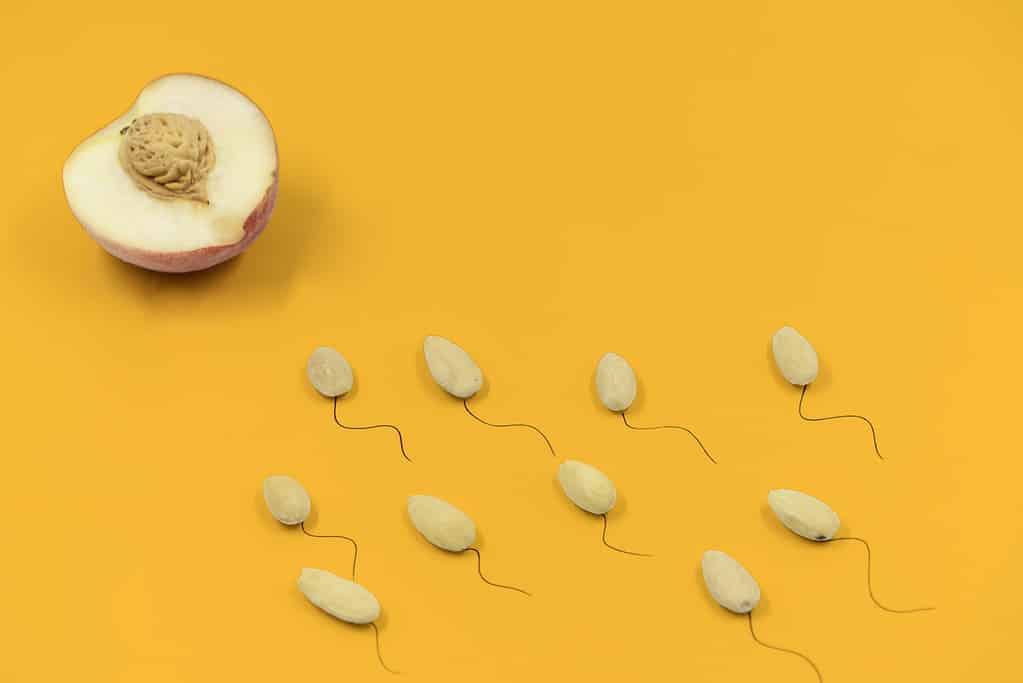
The good news is, sperm health is really amenable to diet and lifestyle changes!
Prioritising plenty of antioxidants from fruits & veggies, minimising alcohol, saturated fats, added sugars and applying heat to the boys (you know what I mean!) can really turn around key sperm parameters like sperm count, concentration, motility and morphology and protects the precious DNA that lives within the sperm which FYI is 50% of the genetics that will become your future child!
What about eggs?
Whilst, eggs have a longer life, can you believe you had all your eggs by the time your Mum was 20 weeks pregnant with you? Wild, I know!
However, the 90-120 days prior to ovulation are when we want to really prioritise plenty of antioxidant-rich foods to help neutralise any inflammatory proteins in the follicular fluid which surrounds the eggs you will ovulate in the coming months to support egg health prior to IVF.

Whilst, we can’t reverse any DNA defects, we can change how the genes are expressed, and protect the health of the cells of both egg and sperm using diet and lifestyle.
In fact, research suggests that a Mediterranean-style diet for both females and males undergoing IVF is associated with enhanced pregnancy rates as a result of IVF.
Your doctors & embryologists can only work with the “raw materials” aka the eggs and sperm, they are given, so do your best to nourish these cells so they have the best chance in the lab to flourish into embryos and a future baby!
Naturally, as fertility dietitians, we can design a practical lifestyle and nutrition plan that supports egg & sperm quality that factors in your unique lifestyle and medical history to give you the best possible chance of healthy eggs and sperm on the day of your IVF egg collection!
2. Preparing the Uterine Environment for an Embryo Transfer
Congratulations, you have an embryo to transfer back to uterus and hopefully stick around for the next 9 or so months!
Whilst the success of a transfer is mostly determined by the health of the embryo, including its genetics, you can modify a few elements to prepare the uterine environment to make it as comfortable as possible for your embryo to snuggle in!
Uterine lining thickness, a thick enough endometrium (or uterine lining) is an important parameter your specialist will monitor in the lead up to an embryo transfer.
Science suggests that focusing on wholegrains and foods rich in vitamin E can be beneficial to support uterine lining thickness and potentially implantation too!
Promoting healthy blood flow to the uterus is also important, maximising omega-3 fatty acids to help with blood flow and helps with inflammation in the body broadly too, which we want to minimise to avoid any negative immune system response to the embryo itself.
A fertility dietitian, like us, here at The Dietologist, can help you time these dietary changes and tweak your nutrition plan to maximise healthy blood flow and adequate uterine lining thickness to support implantation for at least 6 weeks prior to your embryo transfer.
3. Enhancing the Vaginal and Uterine Microbiome
Research suggests that there is a significant difference in the uterine and vaginal microbiome of those who undergo IVF embryo transfers that are successful and those that aren’t successful. So paying attention to your flora downstairs is a pretty important part of IVF preparations that a fertility dietitian is best placed to support you with.

We can maximise the healthy bacteria in the vagina and uterine to ensure it is well-balanced with plenty of Lactobacillus bacteria to keep the pH down and ward off nasty bacteria that your body may interpret as a pathogen.
Prioritising the vaginal and uterine microbiota is a critical part of your IVF preparations to ensure you are ready for your embryo and maximise the chances of implantation success, and a fertility dietitian & nutritionist can help you!
4. Tailored Fertility Supplementation
A prenatal vitamin is essential for everyone who hopes to become pregnant within the next 3 months, and IVF is no exception! Keeping both eggs and sperm nourished in the lead up to your treatment is key to giving the embryologists the best “raw materials” to work with to create your future baby in the lab.
Prenatal vitamin selection is a key part of the IVF supplementation planning process we take clients through in anticipation of both egg collection & embryo transfers. We also handpick any other relevant supplements based on bloodwork and medical history indicating any nutrient deficiencies or insufficiencies. And we can discuss the pros and cons of any additional supplements, such as antioxidant supplements like vitamin E, Co-enzyme Q10 (CoQ10), NAD or NMN and much more to support your unique circumstances based on the latest scientific literature.
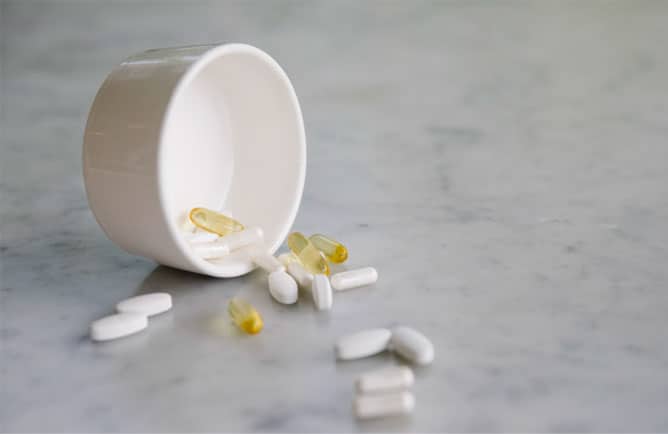
Leave Googling behind and taking advice about nutritional supplements from less qualified sources (your neighbour’s cousin is probably not a fertility nutrition expert with years of experience and is up-to-date with the latest science either), so handover the reigns to a qualified & certified fertility dietitian & nutritionist to develop a complete tailored IVF supplementation plan that is altered as you progress throughout your journey.
5. Navigating Emotional Eating During IVF
Naturally, many people are quite surprised by how emotionally turbulent a time IVF can be, both physically (thanks, hormones!) and mentally too.
Many people naturally tend towards comfort eating and sometimes this can spiral out of control feeling like you just can’t stop eating that 3rd packet of chips or chocolate bar.

Emotional eating is usually underlying prior to IVF, so proactively working through behavioural strategies to manage this better well before the hormones hit, can be really beneficial! Plus, a dietitian can help guide you through those weeks of stimulation when you may be struggling a little more than usual.
Dietitians are Partners in Your IVF journey
Fertility & IVF dietitians are here for more than just the pretty salad bowls and nut & seed trail mixes for your egg & sperm health, we also become one of your cheerleaders along your IVF paths, or as our clients like to say, our super knowledgable fertility bestie! We can liaise with your medical team, help advocate for additional testing and ensure you prioritise eating well for not only the benefit of your IVF but also as a really valuable form of self-care.

We keep it practical, realistic and agile to your needs throughout the process, and are there to guide you into the next phase too, which is hopefully a happy healthy pregnancy!
So, if you’re wondering whether a fertility dietitian is absolutely essential, let me give you a resounding YES!
Let’s embark on this transformative journey together without the crazy diet restrictions and with your unique story in mind – click here to get started.

